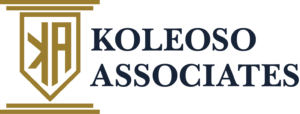Indigenous Peoples connection to the land
Connection to the land
For many Indigenous peoples, the connection with the land comes from the belief that the land does not belong to us but that we belong to the land.
The land provides:
Traditional Knowledge
This is part of life, the way we live. We have to make sure the animals are safe. We don’t take advantage of them; we take what we need and that’s it.
Traditional knowledge is an essential source of information about:
- The natural environment and its resources.
- The use of natural resources.
- The relationship of people to the land and each other.
Where suitable, integrate traditional knowledge into decisions and actions. It is essential to advance the implementation of traditional knowledge and to develop an action plan to improve the inclusion of traditional knowledge in program development, implementation, and decision-making. It should be managed respectfully in a manner that is uniform with the values, customs, and knowledge of the community being served.
Examples of program(s):
- On the land skills [e.g., Land base program(s)
- Cross-cultural awareness.
- Language.
- Traditional healing based on knowledge of the land.
Knowledge keepers (can include elders) are keepers of traditional knowledge that must be valued and recognized. They provide a synergy between the past, present, and future.

